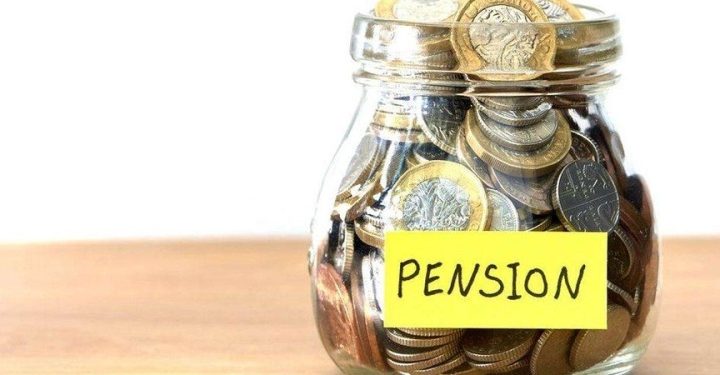Former vice President of Nigeria, Atiku Abubakar, has raised concerns about sustainability of the proposed 2025 national budget.
Atiku said the budget lacks all it takes in terms of structural reforms and fiscal discipline to address Nigeria’s multifaceted economic challenges.
Join our WhatsApp ChannelAtiku stated this while reacting to the 2025 Appropriation Bill presented to the National Assembly last Wednesday by President Bola Tinubu.
President Tinubu had on Wednesday presented before a joint session of the National Assembly, a proposed budget of N47.9 trillion for the 2025 fiscal year.
Prime Business Africa reports that among the key assumptions in the budget are a target of 2.06 million barrels per day of crude oil production, N1,500 per dollar exchange rate, and reducing inflation rate to 15 per cent from the current 34.60 per cent.
The president also stated that the Federal Government targets N34.82 trillion as revenue with about N13 trillion as deficit to be financed through borrowing.
However, Atiku asserted that the 2025 budget’s capacity to foster sustainable economic growth and tackle Nigeria’s deep-rooted challenges is questionable, given key factors.
In a statement released on Sunday, 22 December, Atiku averred that the N13 trillion deficit in the budget will lead to reliance on external borrowing resulting in an increase in the national debt, thereby escalating the risks associated with interest payments and vulnerability to foreign exchange volatility.
READ ALSO: Why Tinubu’s 2025 Budget Projections Are Unrealistic — Analysts
The former vice president observed that the budget has a “weak foundation” stemming from underperformance of the 2024 budget. According to him, “By Q3 of the fiscal year (2024), less than 35% of the allocated capital expenditure for MDAs had been disbursed, despite claims of 85 per cent budget execution. This underperformance in capital spending, crucial for fostering economic transformation, raises concerns about the execution of the 2025 budget.”
Provision for debt servicing disproportionate
Highlighting further why the 2025 budget is unsustainable, Atiku stated that the provision for debt servicing is disproportionate.
Prime Business Africa reports that the Federal Government proposed N15.8 trillion (about 33 per cent of the total budget). This nearly equals proposed capital expenditure of N16 trillion, or 34 per cent). Atiku further observed that debt servicing surpasses spending on key priority sectors such as defence (N4.91 trillion), infrastructure (N4.06 trillion), education (N3.52 trillion), and health (N2.4 trillion). “This imbalance will likely crowd out essential investments and perpetuate a cycle of increasing borrowing and debt accumulation, undermining fiscal stability,” he warned.
He also pointed out that government’s recurrent expenditure “remains disproportionately high, with over N14 trillion (30 per cent of the budget) allocated to operating an oversized bureaucracy and supporting inefficient public enterprises.”
The former vice president expressed concerns that there is lack of concrete steps to curb wastage and enhance the efficiency of public spending, warning that such exacerbates the fiscal challenges, leaving limited resources for development.
He remarked that after accounting for debt servicing and recurrent expenditure, the remaining allocation for capital spending, ranging from 25 per cent to 34 per cent of the total budget, is insufficient to address Nigeria’s infrastructure deficit and stimulate growth. “This equates to an average capital allocation of approximately N80,000 (US$45) per capita, insufficient to meet the demands of a nation grappling with slow growth and infrastructural underdevelopment,” he stated.
Tax Burden
Atiku kicked against Tinubu administration’s decision to increase Value Added Tax (VAT) rate from 7.5 per cent to 10 per cent, describing it as “a retrogressive measure that will exacerbate the cost-of-living crisis and impede economic growth.”
He insisted that increasing VAT rate while failing to address inefficiencies in governance, will amount to stifling domestic consumption and further deepening economic hardship in the country.
He advised that to enhance the budget’s credibility, the administration must “prioritize the reduction of inefficiencies in government operations, tackle contract inflation, and focus on long-term fiscal sustainability rather than perpetuating unsustainable borrowing and recurrent spending patterns.”
He emphasised the need for “a shift towards a more disciplined and growth-oriented fiscal policy,” which he said, “is essential for the nation’s economic recovery.”
Victor Ezeja is a passionate journalist with six years of experience writing on economy, politics and energy. He holds a Masters degree in Mass Communication.
















